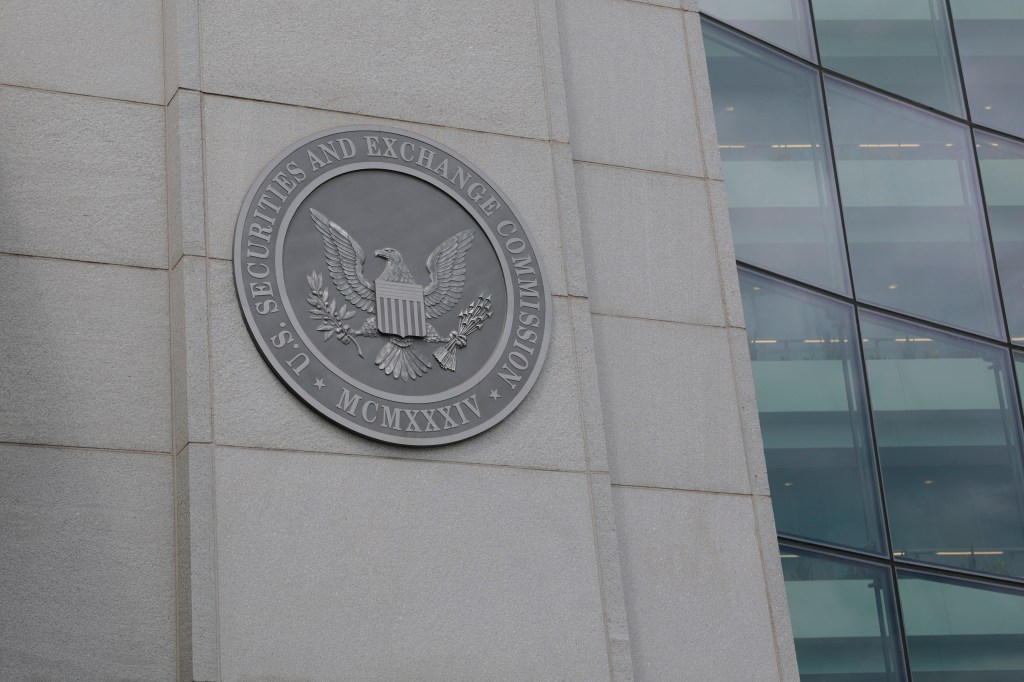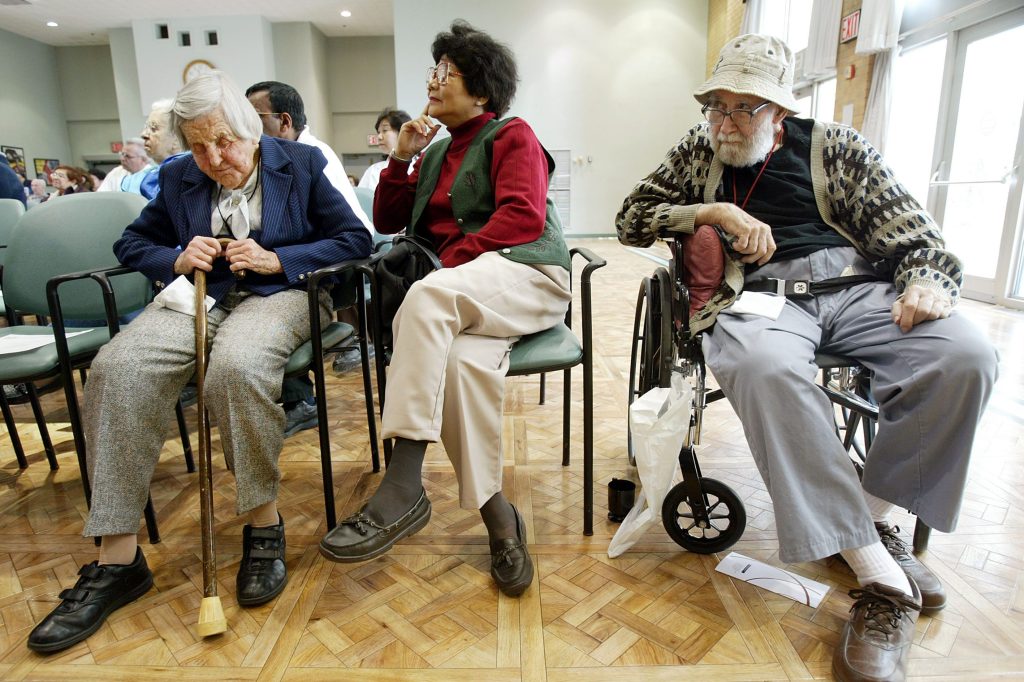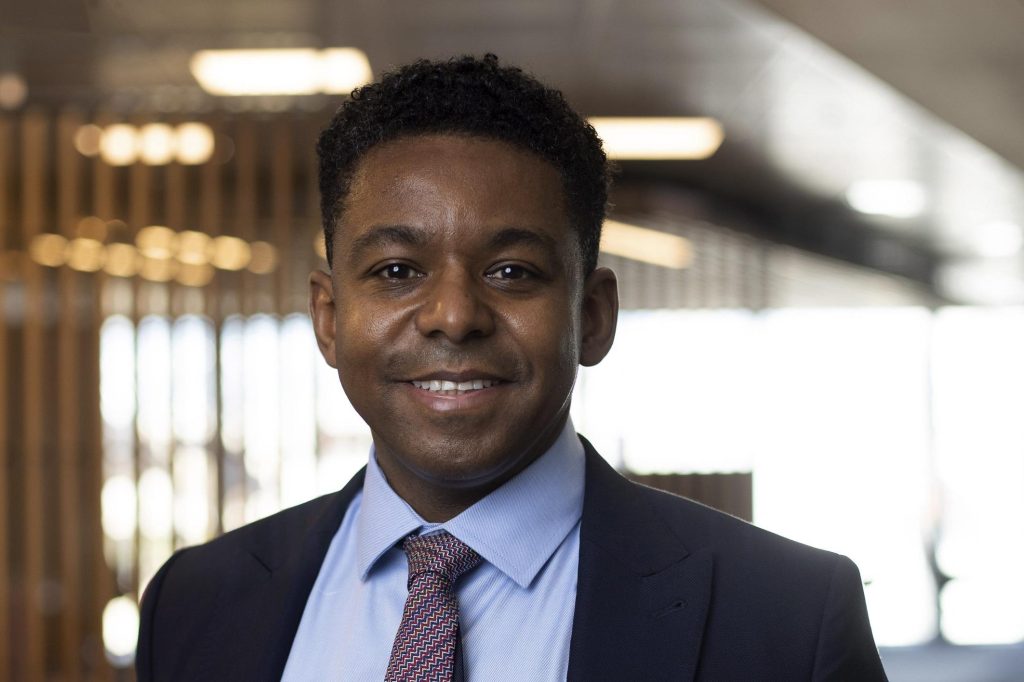In an action targeting compliance professionals individually, FINRA has suspended Vancouver-based Canaccord Genuity LLC’s former chief compliance officer and the former head of its trading compliance group, and fined them a combined $15,000 for alleged surveillance lapses.
The broker-dealer’s former chief compliance officer and anti-money-laundering (AML) officer Diane Daly
Register for free to keep reading
To continue reading this article and unlock full access to GRIP, register now. You’ll enjoy free access to all content until our subscription service launches in early 2026.
- Unlimited access to industry insights
- Stay on top of key rules and regulatory changes with our Rules Navigator
- Ad-free experience with no distractions
- Regular podcasts from trusted external experts
- Fresh compliance and regulatory content every day












